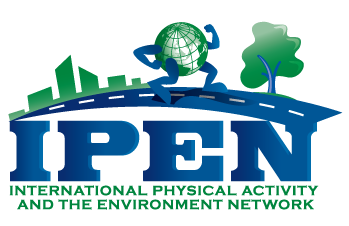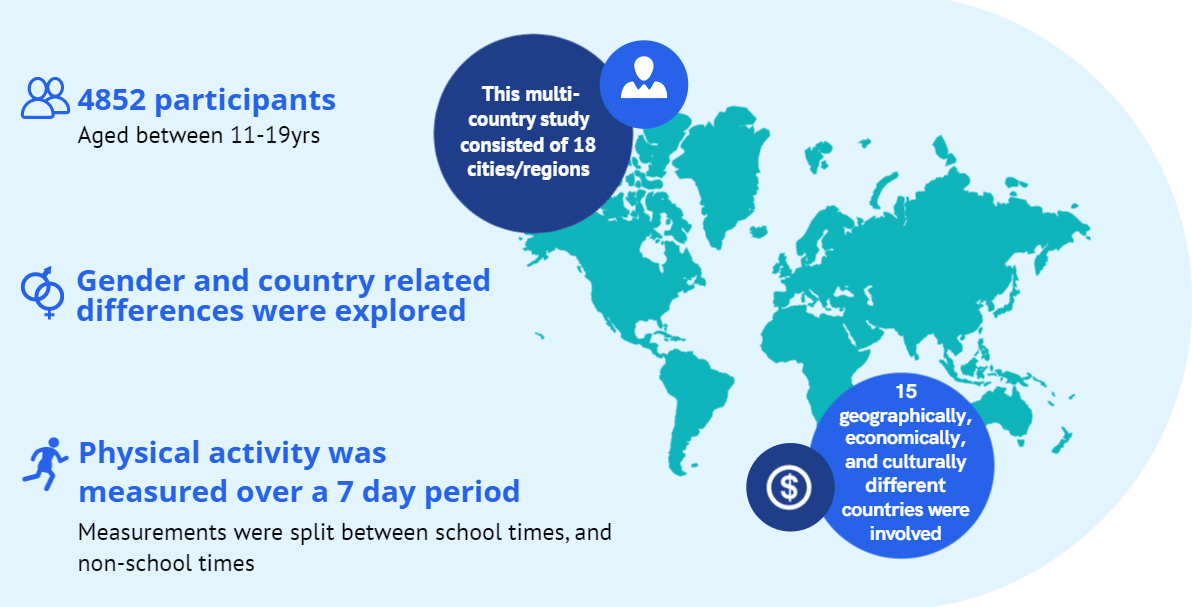The International Physical Activity
and Environment Network



IPEN Aims
01
Stimulate research in physical activity and the environment
physical activity
02
Support researchers through sharing of information, feedback, letters of support etc.
03
Recommend common methods and measures
physical activity
04
Increase communication and collaboration between researchers investigating environmental correlates of physical activity
05
Bring together data from multiple countries for joint analyses
physical activity
06
Aid in the publication of data through papers, special journal issues, symposia etc.
Our Research
Explore our research studies that dive into the built environment’s impact on physical activity


IPEN International Teams
We have teams from all over the world. Get to know our researchers here.
Impact
98
IPEN publications as of December 2023
51%
of publications have been cited in policy documents
180
policy documents have cited IPEN publications from policy bodies such as WHO, UNICEF and more!
*check out the full list of policy documents here*
*data collected frm SciVal*
Frequently Asked Questions
What is the advantage of registering to the IPEN website?
We will send email alerts when IPEN papers are published, and we will send infrequent news about either IPEN-related or general information about built environments, physical activity, and obesity.
Why does using IPEN measures and methods matter?
The measures and methods we recommend are based on tested materials and techniques. The main aim of our network is to be able to compare data from multiple sites. To do this there must be some common core of measures and methods.
Why is studying the environment important?
By the end of the 1990s there was much evidence to indicate that trying to change individual’s physical activity behavior at a population level was only moderately successful. Environmental studies show more potential for population change, not only because they can reach many people but because the improvements can last a long time. There is now substantial research demonstrating a relationship between the environment and physical activity behavior, supported by many reviews.
Based on the evidence, environment and policy interventions to promote physical activity are now recommended in the World Health Organization’s Global Action Plan for Physical Activity (GAPPA) as well as many country-specific recommendations (e.g., US Guide to Community Preventive Services). Several conceptual frameworks, including ecological models of health behaviours and active living, also support the role of the environment in behavior change.
Still have questions?
News & Updates

The Australian Catholic University (ACU) serves as the coordinating center for the
International Physical Activity and Environment Network (IPEN).
IPEN is an ACU-led research program, spearheaded by Principal Investigator and
Co-founder Jim Sallis (Professorial Fellow at ACU), with Professor Ester Cerin
(Professor at ACU) as the chief analyst and a member of IPENs executive committee.

